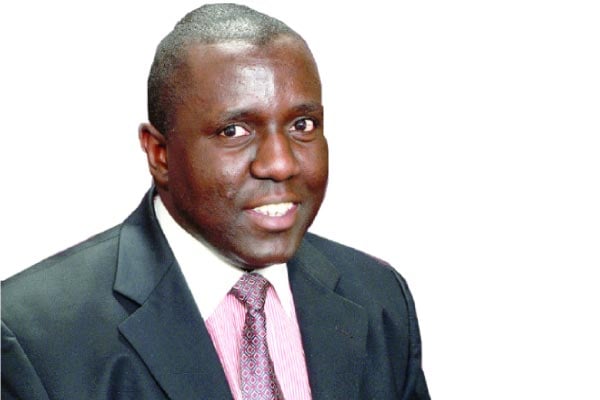Prime
A national dialogue is urgently needed

Author: Mr Karoli Ssemogerere is an Attorney-at-Law and an Advocate.
What you need to know:
- Most of us who have grown up during Uganda’s political instability have negative association with the forces of the past, for whom Swahili was only an instrument of misrule.
President John Pombe Magufuli died in March 2021 from natural causes at the height of the Covid-19 pandemic. There are signs everywhere of his youthful energy, precision and clarity of mission in the United Republic of Tanzania.
Among his legacies, he was only the second East African president to die in office, Jomo Kenyatta had died in 1978 and a seamless transition of the reign of power to his vice president Samia Suluhu Hassan. His second legacy was bequeathing the reigns of power to East Africa’s first woman president.
Early this morning I flew into Dodoma, a small city airport, that serves the union capital. The President was in town, her small military helicopter lay across the runway in an airport which could qualify for a big man’s compound anywhere in Africa. Luggage is carted across the runway in push-carts and delivered in a lounge, a large sitting room in most big homes. Dar es Salaam, the commercial capital, is in the throes of a major transition from a sleepy ocean town into the capitalist age.
Our constitution has national objectives of state policy, often debated but given lip service. Our political order has overwhelmed the social infrastructure. Police is only recently coming to terms with lawlessness in the country. In Dar es Salaam, petty crime is minimal. Potholes are something of the past, a symptom of poor management and lack of planning. Every place of importance is meticulously clean.
The parliament in Dodoma is tucked away behind a green hedge, almost invisible to its great stature. The politics of Tanzania is yet to accomplish change of power from one political party to another. In 2019, the opposition had 55 MPs, CCM had 364 MPs.
ALSO READ: Why we need genuine national dialogue
In 2020, opposition leader Tundu Lassu, a former Member of Parliament returned home after being viciously ravaged, shot at during his campaign for president in 2019.
Dar es Salaam used to have a tiny airport. You went up the stairs, checked in and walked to the aircraft.
At daybreak, the airport decently constructed, putting ours to shame, is a hub of activity as travellers head to domestic, regional and international destinations from the three terminals.
The VIP culture has not got out of control. Dodoma does not have a presidential lounge; it is a small waiting room. Yesterday and today compete for attention, there are signs of South Korea 1980 everywhere when the tiny backwater prepared its debut on the national stage. More people speak English here today than at the height of the Ujamaa in Dar es Salaam but Swahili has cemented the country’s national identity.
In a capacity building class, I conducted at Parliament this year, we had a short quiz on how many Swahili words each one of us spoke. Then a more detailed discussion on why Swahili is or should not be implemented as the second official language.
Most of us who have grown up during Uganda’s political instability have negative association with the forces of the past, for whom Swahili was only an instrument of misrule. The Indian-Asians associate Swahili with their forced exit from Uganda. In linguistics, Swahili is still inferior to our local Bantu languages, lack of detail, but Swahili offers a bigger opportunity, to be part of a bigger region of nearly 200 million speakers.
The static politics of our country need a new and fresh approach. Our vernaculars make us look very sophisticated, hiding in our traditional dress, unwilling to learn anything new. As such we can only repeat the mistakes of the past.
With older leadership, it is not a surprise, we continue to look inward into tribe, religion and family unwilling to embrace change. All these holy grails need to be disrupted once more just like Ujamaa clothed Tanzania into a coherent nation.
In the capital you ask about the railway, they reply which line; “national gauge” or “standard-gauge”; we have an excuse of dilapidated railway tracks.
Mr Karoli Ssemogerere is an Attorney-At-Law and an Advocate.




